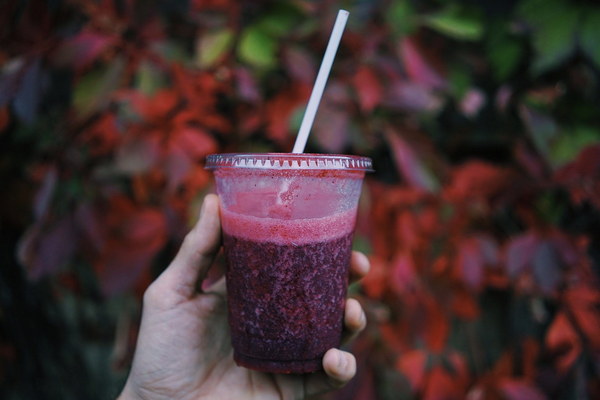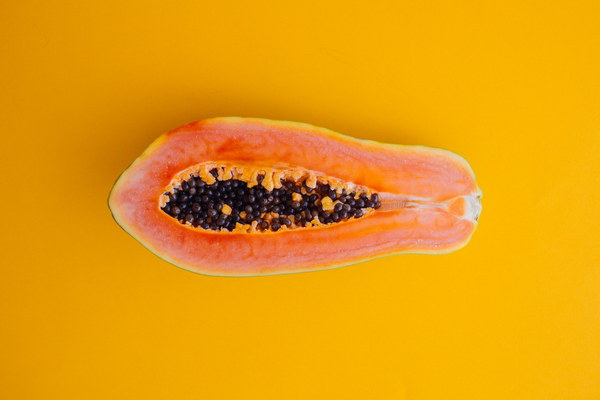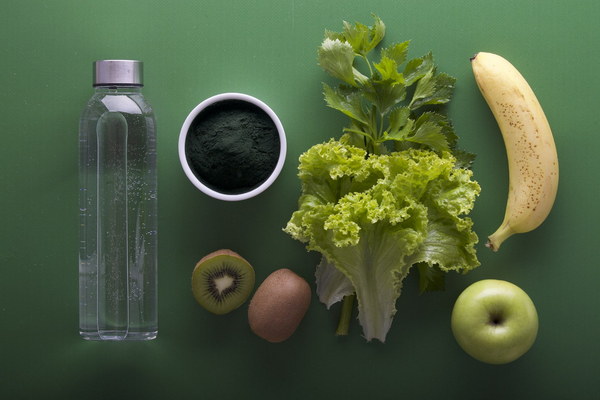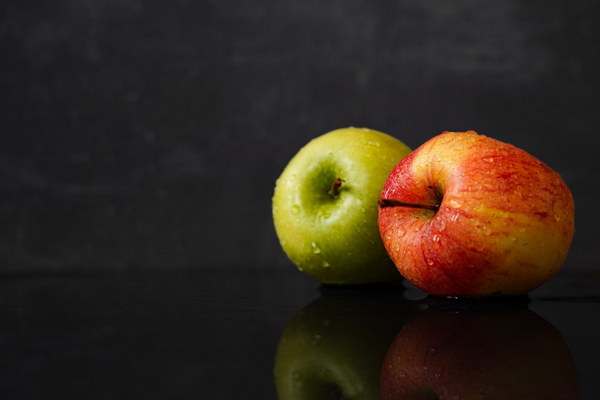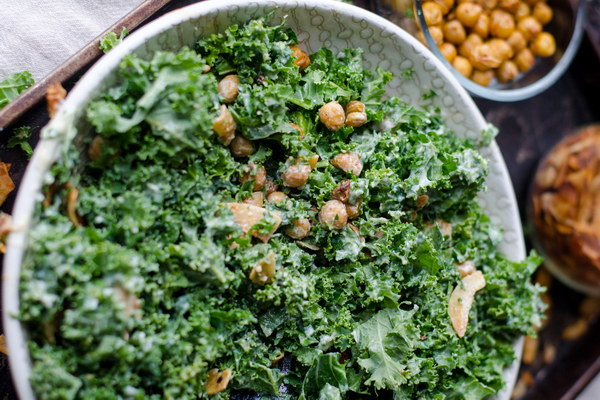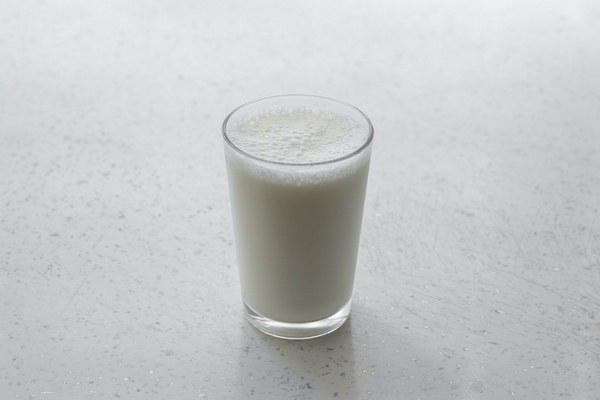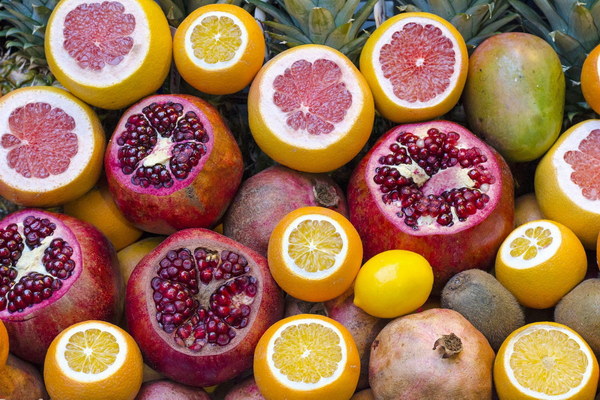The Nutritional Power of Peanuts How to Eat Them for Health Benefits
Introduction:
Peanuts, often considered just a tasty snack, are actually packed with numerous health benefits. Known for their versatility in various cuisines, peanuts have become a staple in many diets. In this article, we will explore how peanuts can be consumed to promote overall well-being and provide you with some delicious and nutritious peanut recipes.
1. Nutritional Benefits of Peanuts:
a. Protein: Peanuts are an excellent source of plant-based protein, making them perfect for vegetarians and vegans. One ounce of peanuts contains about 6 grams of protein.
b. Healthy Fats: Peanuts are rich in monounsaturated and polyunsaturated fats, which are beneficial for heart health.
c. Fiber: A good source of dietary fiber, peanuts help in digestion and keep you feeling full for longer.
d. Vitamin E: Peanuts contain vitamin E, an antioxidant that protects cells from damage and supports immune function.
e. Magnesium: Magnesium is crucial for bone health and muscle function, and peanuts provide a good amount of this essential mineral.
f. Folic Acid: Folic acid is essential for the production of red blood cells and the prevention of birth defects, especially during pregnancy.
2. How to Eat Peanuts for Health Benefits:
a. Roasted Peanuts: Roasting peanuts enhances their flavor and makes them more digestible. Add them to salads, oatmeal, or as a healthy snack.
b. Peanut Butter: Peanut butter is a versatile spread that can be used on toast, in smoothies, or as a dip for fruits and vegetables.
c. Peanut Sauce: Create a delicious peanut sauce by blending peanuts, soy sauce, garlic, and ginger. Use it as a dressing for salads or a dipping sauce for sushi.
d. Peanut Noodles: Toss cooked noodles with peanuts, vegetables, and a flavorful peanut sauce for a nutritious meal.
e. Peanut Soup: Prepare a hearty peanut soup with peanuts, vegetables, and your choice of protein source. It's perfect for a comforting, warm meal.
f. Peanut Milk: Make a creamy, plant-based milk by blending peanuts, water, and a sweetener of your choice. Use it as a substitute for dairy milk in smoothies or cooking.
3. Tips for Consuming Peanuts Healthily:
a. Choose unsalted peanuts to reduce sodium intake.

b. Opt for organic peanuts to avoid potential exposure to pesticides.
c. Limit peanut consumption if you have a peanut allergy.
d. Store peanuts in an airtight container in a cool, dry place to maintain their freshness and prevent rancidity.
e. Enjoy peanuts in moderation, as they are calorie-dense.
Conclusion:
Peanuts are a nutritious and versatile food that can be incorporated into various dishes for health benefits. By incorporating peanuts into your diet, you can enjoy their protein, healthy fats, fiber, and essential nutrients. Remember to choose unsalted peanuts, store them properly, and enjoy them in moderation. Happy snacking!
